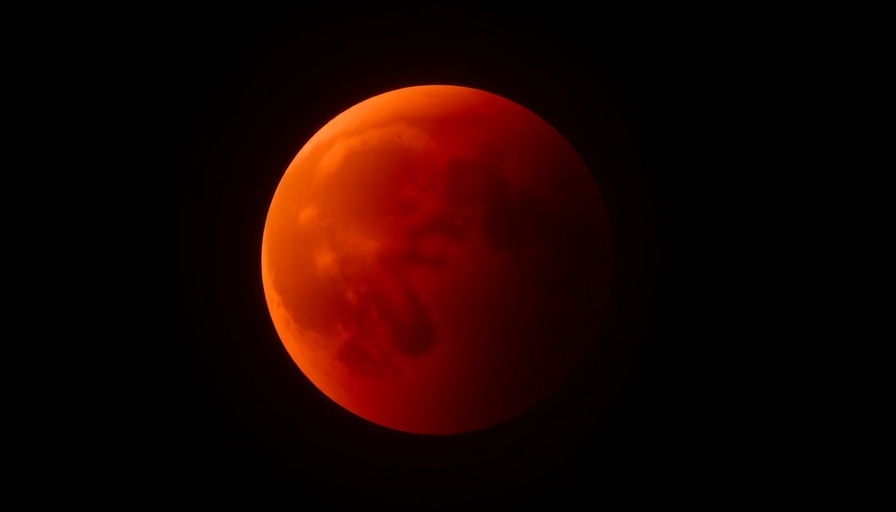
An Unforgettable Celestial Showcase
On the night of March 14, 2025, millions around the globe experienced the awe-inspiring sight of a total lunar eclipse, often referred to as the "blood moon." This unique cosmic event treated sky-gazers across North and South America, parts of Africa, and Europe to the mesmerizing sight of the full moon trading its silver glow for a dramatic crimson hue as it passed through Earth’s shadow.
The Science Behind the Blood Moon
Curious observers marveled at how the phenomenon occurred. A total lunar eclipse happens when the Earth lies directly between the sun and the moon, casting a shadow on the lunar surface. During totality, rarefied sunlight is filtered through Earth’s atmosphere, giving the moon that striking red tint — a phenomenon that has captivated humanity for centuries.
Visibility and Global Impact
This eclipse was particularly notable not just for its vivid display, but also due to its visibility. NASA’s visibility map indicated that the eclipse was viewable across vast stretches of the globe, although different regions experienced varying aspects of the event. While nations in the Americas had prime viewing opportunities, locations as far as Australia and Japan glimpsed portions of the celestial treatment.
Future Eclipses You Won't Want to Miss
Sky-watchers are already anticipating the next total lunar eclipse slated for March 3-4, 2026, which will be primarily visible in Hawaii, Alaska, and the western United States and Canada. Following that, a total solar eclipse will occur just a few weeks later on March 29, 2025, marking an exciting year for celestial events.
The Cultural Significance of Eclipses
Beyond their scientific intrigue, eclipses hold a distinctive place in human culture and mythology. Throughout history, eclipses have inspired awe and fear, often considered omens. This recent blood moon reignited interest in lunar phenomena, reminding us of our cosmic connection.
Take Action: Experience the Next Event
Don't miss out on the next breathtaking sky event! Mark your calendars for March 3-4, 2026, and get ready for a memorable night under the stars.
 Add Row
Add Row  Add Element
Add Element 



 Add Row
Add Row  Add
Add 
Write A Comment